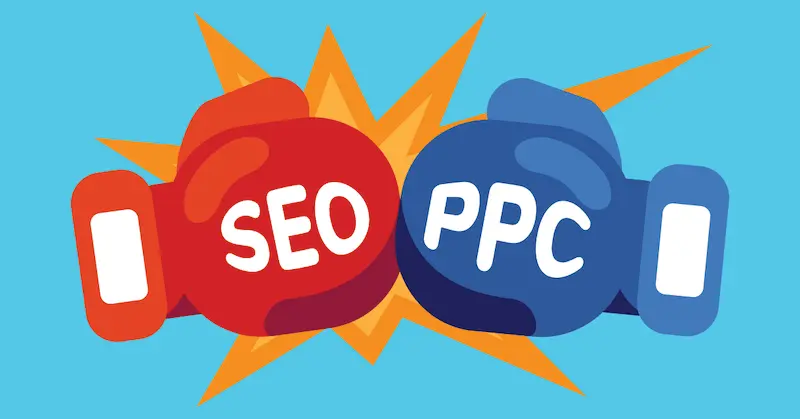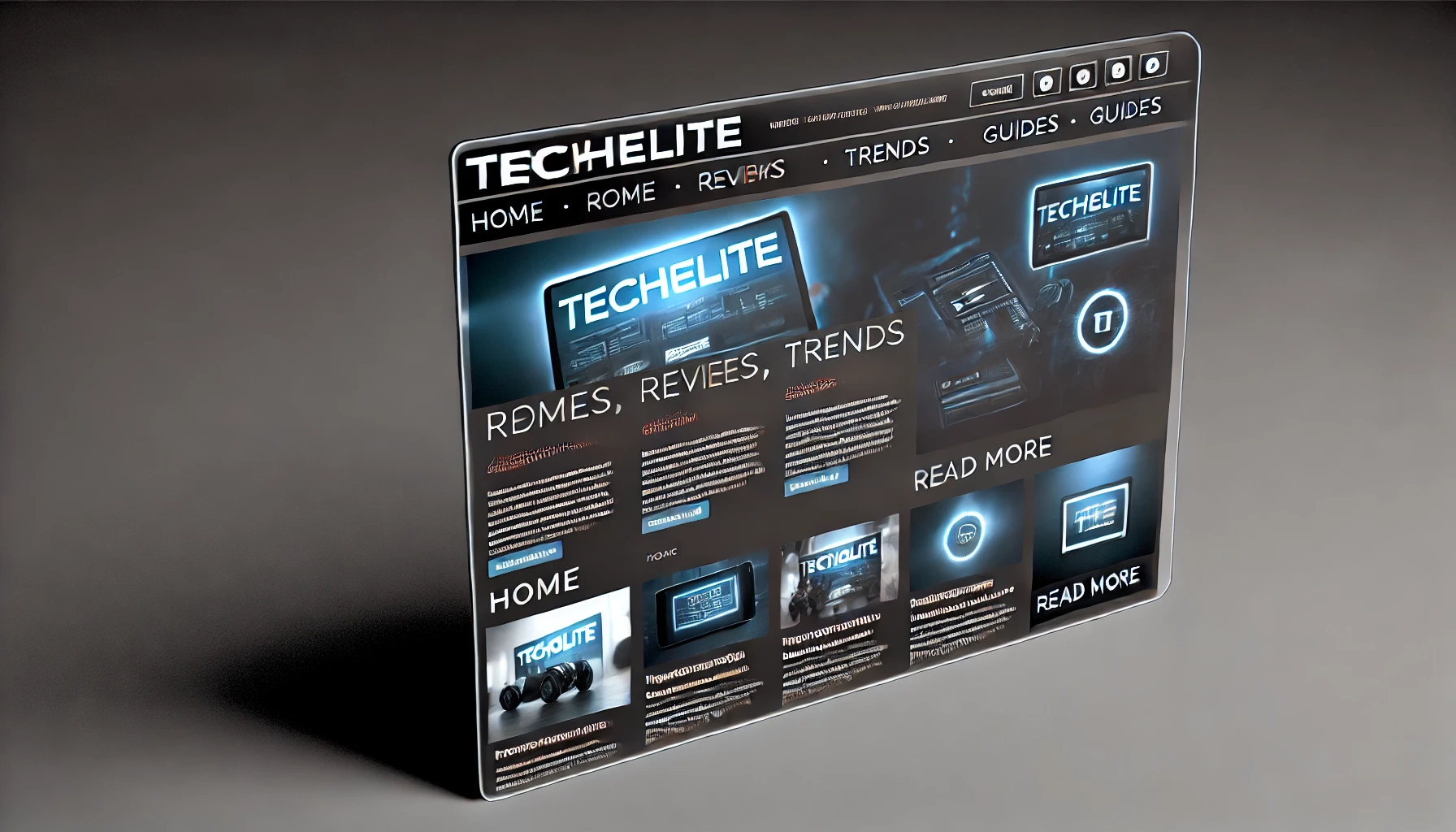Navigating the digital marketing landscape can be overwhelming for business owners, especially when trying to decide between SEO (Search Engine Optimization) and PPC (Pay-Per-Click) advertising. While both strategies aim to increase visibility and drive traffic to your website, they operate very differently and offer unique benefits.
Understanding these differences—and how to effectively combine them—can give your business a competitive edge in the bustling market. In this post, we will delve into the intricacies of SEO and PPC, shedding light on their individual advantages and how advertising agencies can leverage both for a robust search engine marketing strategy.
Key Differences of SEO and PPC
SEO (Search Engine Optimization) is the process of enhancing your website to rank higher in organic search results. It uses techniques like keyword research, on-page optimization, technical SEO, and link building to boost visibility and drive organic traffic. This long-term strategy focuses on improving your site’s relevance and authority to achieve higher search engine rankings, providing sustainable growth and making your business more discoverable and credible to potential customers.
PPC (Pay-Per-Click) advertising, on the other hand, is a model where businesses pay a fee each time their ad is clicked. These ads appear at the top of search engine results as sponsored links. By bidding on relevant keywords, PPC offers immediate visibility and can quickly drive traffic to your website. It allows precise targeting of specific demographics, locations, and times, although it requires ongoing investment. The trackable and measurable nature of PPC makes it ideal for achieving short-term marketing goals and generating immediate leads.
While both SEO and PPC aim to increase online visibility, they differ in execution and outcomes. SEO is a long-term commitment to improve your website’s organic ranking and relevance, offering lasting benefits. PPC provides instant visibility and flexibility, making it cost-intensive but effective for immediate results. A balanced strategy using both can maximize your marketing efforts by leveraging SEO for sustainable growth and PPC for quick, targeted exposure, helping businesses allocate resources effectively.
Benefits of SEO
SEO offers several compelling benefits that can provide a competitive advantage for your business. From achieving long-term results and cost-effective marketing to building trust and credibility, SEO’s advantages make it a cornerstone of digital marketing strategies. In this section, we’ll delve into these key benefits and how they can help your business thrive.
Long-Term Results
One of the most compelling benefits of SEO is its potential for long-term results. Unlike PPC, which stops driving traffic as soon as you stop paying, SEO efforts can continue to bear fruit long after initial optimization. By consistently working on improving site content, acquiring quality backlinks, and ensuring technical health, your website can achieve and maintain high rankings in search engine results. This sustained visibility means ongoing organic traffic, which often translates to higher conversion rates and customer loyalty.
For businesses partnering with Long Island advertising agencies, investing in SEO can lead to a more stable and predictable stream of visitors. Additionally, as your website’s authority grows, it becomes more resilient to algorithm changes, ensuring that your digital presence
remains robust over time. Long-term SEO can thus provide a strong foundation for continuous business growth and brand recognition.
Cost-Effectiveness
SEO is often more cost-effective than PPC in the long run. While the initial investment in SEO can be significant, the ongoing costs are generally lower compared to the continuous expenditure required for PPC campaigns. Once your website achieves high rankings, maintaining those positions typically requires less financial outlay than sustaining a PPC campaign. This makes SEO a more sustainable option for businesses looking to optimize their marketing budgets.
For instance, a Long Island marketing agency would often advise clients to invest in SEO for its long-term return on investment. Organic traffic generated through SEO doesn’t incur a per-click cost, allowing businesses to attract visitors without the constant expense of paid advertising. Over time, the cumulative benefits of SEO can far outweigh the initial costs, making it a smart, cost-effective strategy for businesses aiming for sustained growth and high visibility in search engine results.
Building Trust and Credibility
SEO can significantly enhance your brand’s trust and credibility. When your website ranks high in organic search results, it signals to users that your business is a reputable authority in your industry. High-quality content, user-friendly design, and relevant backlinks all contribute to building this trust. Unlike paid ads, which some users may distrust, organic search results are often perceived as more credible.
For businesses working with Long Island search engine marketing experts, a well-executed SEO strategy can elevate your brand’s reputation in the local market. Over time, consistently appearing in top search results fosters trust with your audience, leading to increased customer loyalty and higher conversion rates. Additionally, positive user experiences, which are crucial for SEO success, further reinforce your credibility. By investing in SEO, businesses can build a solid foundation of trust and authority, making it easier to attract and retain customers in the long term.
Benefits of PPC
Pay-Per-Click (PPC) advertising offers a range of powerful benefits that can complement your SEO efforts and help achieve your digital marketing goals. Through precise targeting, immediate visibility, and measurable ROI, PPC can deliver significant results, especially when you need quick traction and high impact. In this section, we’ll explore the key advantages of PPC and how it can be an indispensable part of your marketing strategy.
Immediate Visibility
One of the primary advantages of PPC is its ability to provide immediate visibility. Unlike SEO, which can take months to yield results, PPC ads can drive traffic to your website almost instantly once the campaign is live. This makes PPC an ideal choice for businesses looking to generate quick leads or promote time-sensitive offers. By leveraging PPC, businesses can quickly capture the attention of their target audience and achieve their short-term marketing objectives effectively.
Targeted Advertising
PPC offers unparalleled precision in targeted advertising. Businesses can tailor their ads to reach specific demographics, locations, and even user behaviors. This level of targeting ensures that your marketing budget is spent efficiently, reaching only the most relevant audience. Additionally, advanced analytics provide insights into campaign performance, enabling real-time adjustments to optimize results. This precise targeting not only maximizes
your return on investment but also enhances the relevance of your ads, leading to higher click-through rates and conversions.
Measurable ROI
One of the standout benefits of PPC is its ability to deliver measurable ROI. Unlike some traditional marketing methods, PPC allows you to track every aspect of your campaign’s performance. Metrics such as click-through rates, conversion rates, and cost per acquisition provide clear insights into how well your ads are performing. This data-driven approach enables businesses to make informed decisions and optimize their campaigns for better results. The ability to measure ROI in real-time means that businesses can quickly identify what’s working and what’s not, adjusting their tactics accordingly. This ensures that your marketing budget is used efficiently, driving the best possible outcomes.
Integrating SEO and PPC
Creating a strategy that uses both SEO and PPC can boost your marketing efforts. By combining the strengths of each, businesses can get immediate and long-term visibility. While SEO builds long-term organic traffic, PPC gives a quick boost for new product launches or seasonal promotions. Many advertising agencies suggest using both to cover search engine results pages entirely.
First, use PPC to gather data on top-performing keywords, then use that data to improve your SEO. Similarly, use successful SEO keywords to make your PPC more efficient. This strategy not only boosts overall performance but also helps with flexible budgeting and resource allocation. By balancing both SEO and PPC, businesses can get quick wins while building a strong foundation for the future.
Success stories prove that combining SEO and PPC works well. For example, a marketing agency used both to help a local retail business increase its online and in-store traffic. They used PPC campaigns to drive site visits for a seasonal sale and optimized the site for SEO with relevant keywords. This approach led to a50% increase in organic traffic and a30% higher conversion rate from PPC ads within months. Another company refined its SEO using data from its PPC campaigns, leading to better keyword rankings and lower PPC costs. These cases show how a coordinated strategy can lead to more traffic, leads, and business growth.
Final Thoughts
In the dynamic world of digital marketing, both SEO and PPC offer unique advantages that can significantly benefit businesses. SEO provides long-term, sustainable growth by enhancing your website’s organic search visibility and credibility. On the other hand, PPC delivers immediate visibility and precise targeting, making it ideal for achieving quick marketing goals.
By understanding the strengths and limitations of each approach, businesses can make informed decisions about where to allocate their marketing resources. For many, integrating both strategies creates a balanced and effective search engine marketing plan. Whether you’re working with Long Island advertising agencies or managing your campaigns in-house, a combined approach can help you maximize your online presence and drive meaningful results. Ultimately, the synergy between SEO and PPC can provide a comprehensive framework for achieving both short-term wins and long-term success in the competitive digital landscape.

















